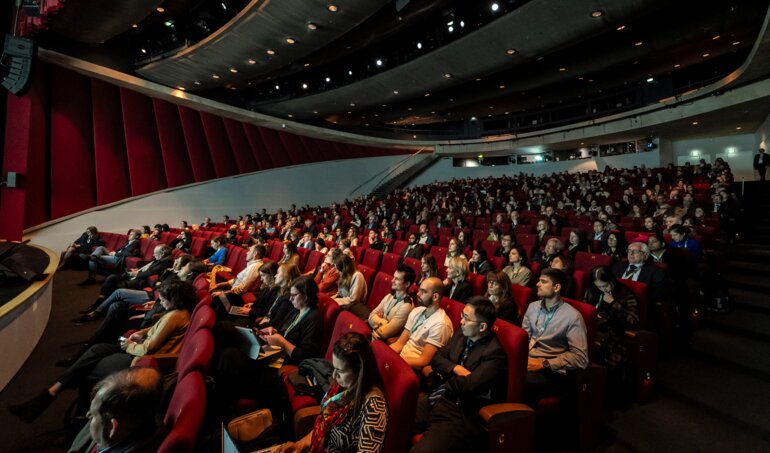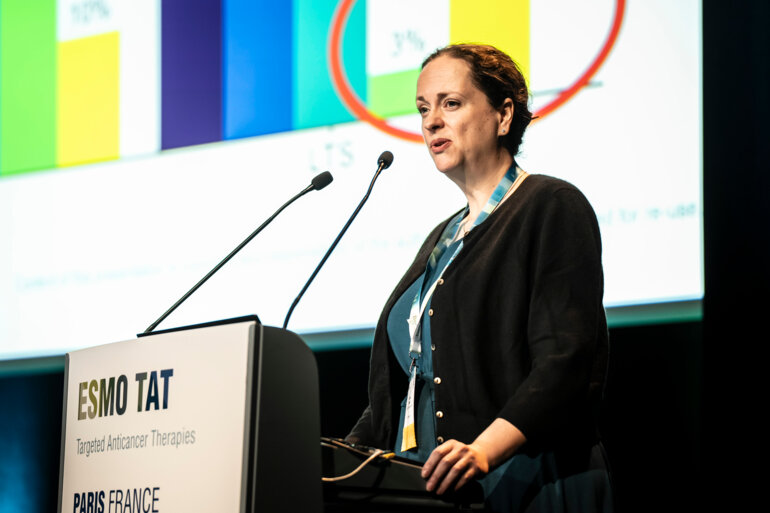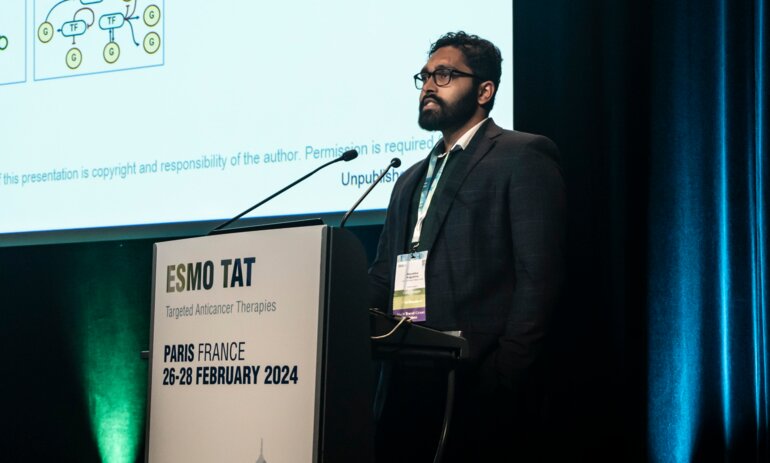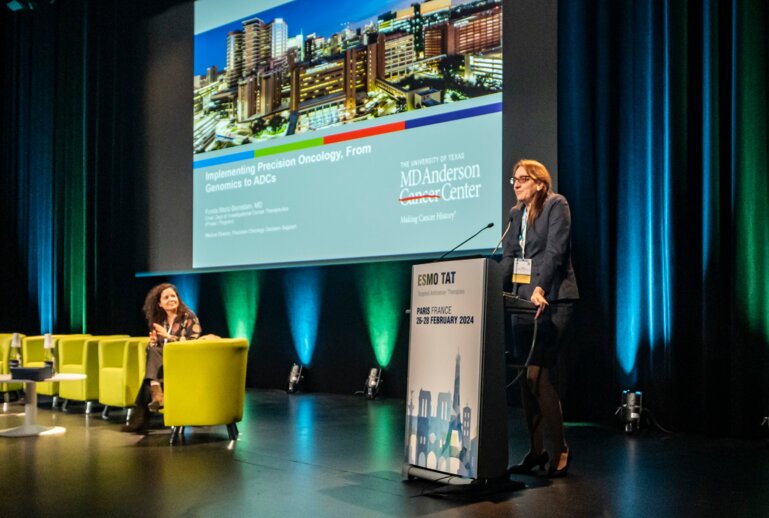ESMO Targeted Anticancer Therapies Congress 2024

Can ctDNA predict outcomes in early phase trials?
Baseline and on-treatment changes in ctDNA may provide an early indication of response to experimental therapies

How to predict long-term survival to assess eligibility for phase I trials?
Studies investigate the discriminatory capacity of existing prognostic scales and the factors associated with survival to help select patients who may benefit from participation in early phase trials

Machine learning may help to uncover new immunotherapy targets
A study proposes a model that is able to learn broad aspects of cancer–immune interactions from early phase trial data

Novel antigens for cancer immunotherapy – a way to enhance effectiveness?
Research is ongoing to revisit the classic neoantigen approach that may better interpret the complexity of the immune system

Wider implementation of precision oncology is still challenging
The 2024 TAT Honorary Awardee Prof. Funda Meric-Bernstam discusses progress made and how to overcome current obstacles in the field


